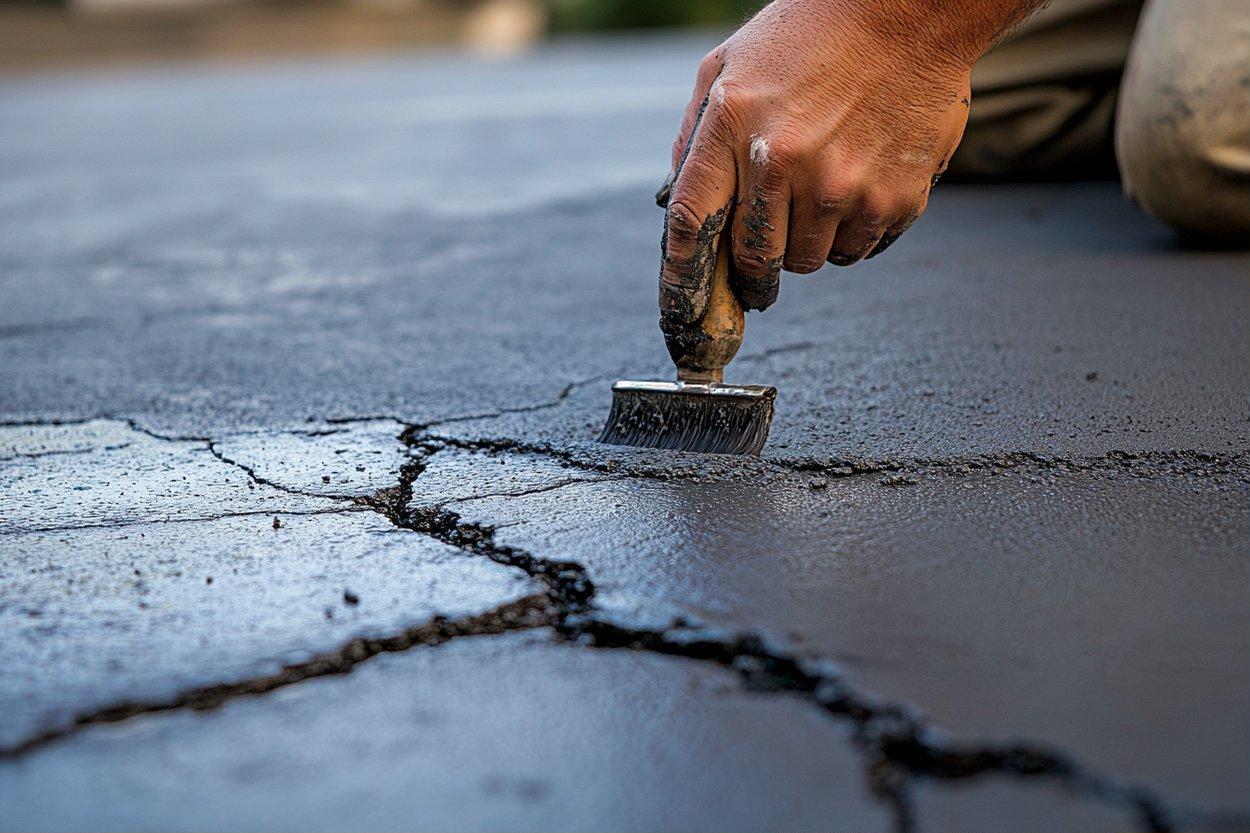Paving Companies: Essential Services for Roads and Driveways
Paving companies play a crucial role in the construction and maintenance of our transportation infrastructure. These specialized firms are responsible for creating smooth, durable surfaces for roads, driveways, parking lots, and other areas that require a solid foundation for vehicular or pedestrian traffic. By utilizing various materials and techniques, paving companies ensure that our communities have safe and reliable surfaces for daily use.

-
Concrete paving: Some companies specialize in pouring and finishing concrete for sidewalks, patios, and industrial flooring.
-
Resurfacing: This service involves applying a new layer of asphalt or concrete over an existing surface to restore its appearance and functionality.
-
Crack filling and sealing: Paving companies often offer maintenance services to repair and prevent damage to existing surfaces.
-
Line striping: Many paving companies also provide line painting services for parking lots and roads to ensure proper traffic flow and safety.
How does the paving process work for roads and driveways?
The paving process for roads and driveways typically involves several steps:
-
Site preparation: The area is cleared, graded, and compacted to create a stable foundation.
-
Base layer installation: A layer of aggregate material is spread and compacted to provide support for the surface layer.
-
Edging and forming: For concrete surfaces, forms are set to define the edges and shape of the pavement.
-
Surface material application: Asphalt or concrete is applied and spread evenly across the prepared area.
-
Compaction: The surface material is compacted using heavy machinery to ensure density and durability.
-
Finishing: The surface is smoothed and textured as needed, and any necessary markings or treatments are applied.
-
Curing: For concrete surfaces, a curing period is required to allow the material to reach its full strength.
What materials are commonly used in paving construction?
Paving companies work with various materials to create durable surfaces for different applications:
-
Asphalt: A mixture of aggregates, binder, and filler, commonly used for roads and driveways due to its flexibility and ease of repair.
-
Concrete: A mixture of cement, aggregates, and water, known for its strength and longevity, often used for sidewalks and industrial flooring.
-
Gravel: Loose stone aggregate used for rural roads, driveways, and temporary surfaces.
-
Pavers: Interlocking concrete or stone units used for decorative and functional surfaces in residential and commercial settings.
-
Recycled materials: Some paving companies use reclaimed asphalt or concrete to create more environmentally friendly surfaces.
What factors influence the cost of paving projects?
The cost of paving projects can vary significantly based on several factors:
-
Size of the area to be paved
-
Type of material used (asphalt, concrete, pavers, etc.)
-
Site preparation requirements
-
Accessibility of the location
-
Local labor and material costs
-
Complexity of the project (curves, slopes, drainage systems, etc.)
-
Additional features such as curbing or decorative finishes
| Service Type | Average Cost Range (per square foot) | Factors Affecting Cost |
|---|---|---|
| Asphalt Driveway | $2 - $5 | Size, thickness, prep work |
| Concrete Driveway | $4 - $7 | Finish type, reinforcement |
| Road Paving (Asphalt) | $2 - $4 | Width, length, base preparation |
| Parking Lot Paving | $1.50 - $3 | Size, drainage requirements |
| Paver Installation | $10 - $20 | Material type, pattern complexity |
Prices, rates, or cost estimates mentioned in this article are based on the latest available information but may change over time. Independent research is advised before making financial decisions.
How do paving companies contribute to road safety and longevity?
Paving companies play a significant role in ensuring road safety and longevity through various means:
-
Quality materials: Using high-grade materials that can withstand heavy traffic and weather conditions.
-
Proper techniques: Employing industry-standard paving methods to create durable surfaces.
-
Regular maintenance: Offering services like crack sealing and resurfacing to prevent deterioration.
-
Drainage solutions: Incorporating proper drainage systems to prevent water damage and improve safety during wet conditions.
-
Surface texturing: Applying treatments to improve traction and reduce the risk of accidents.
-
Compliance with regulations: Adhering to local and national standards for road construction and safety.
By providing these essential services, paving companies contribute significantly to the development and maintenance of our transportation infrastructure. Their expertise ensures that roads, driveways, and other paved surfaces remain safe, functional, and durable for years to come.




